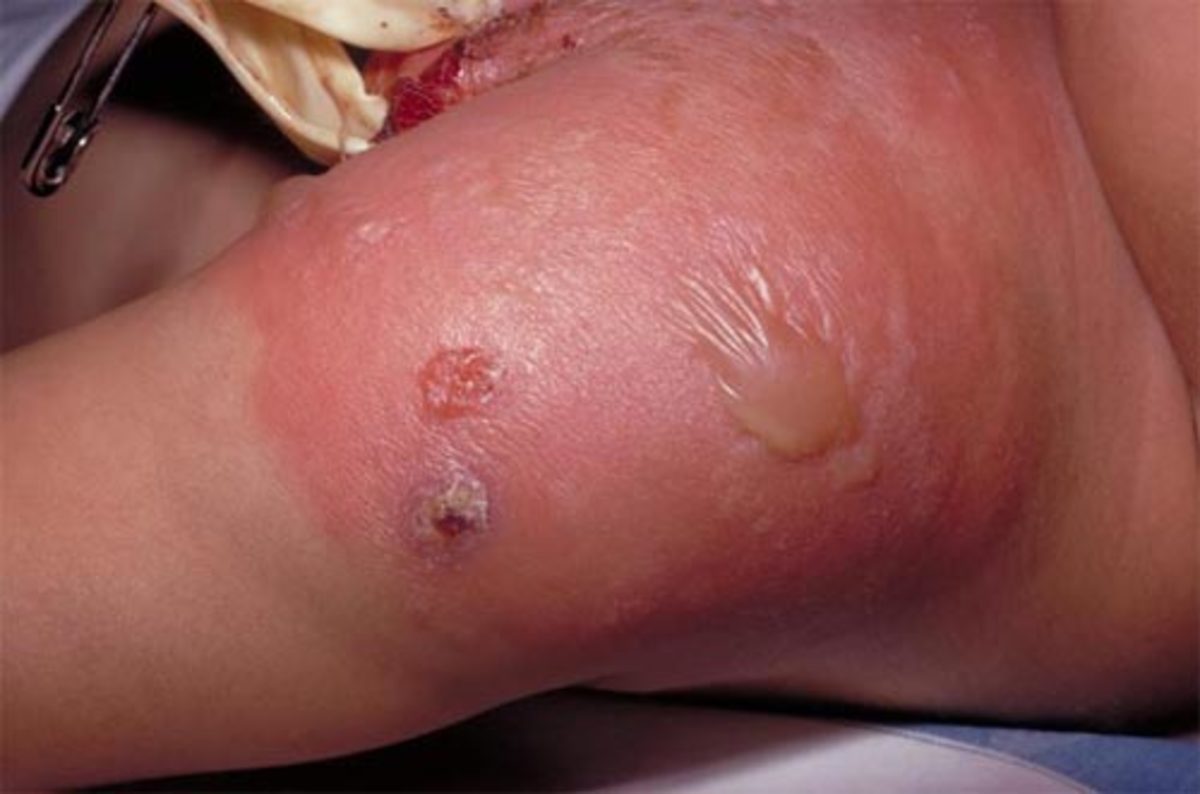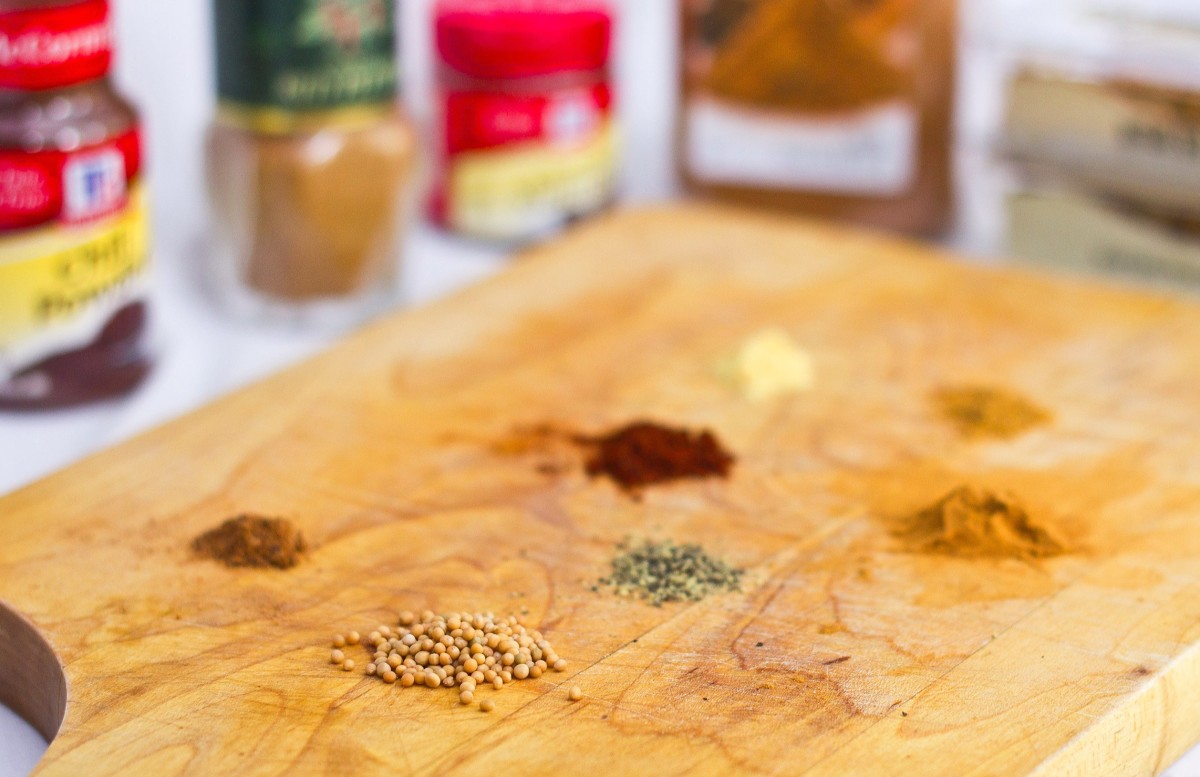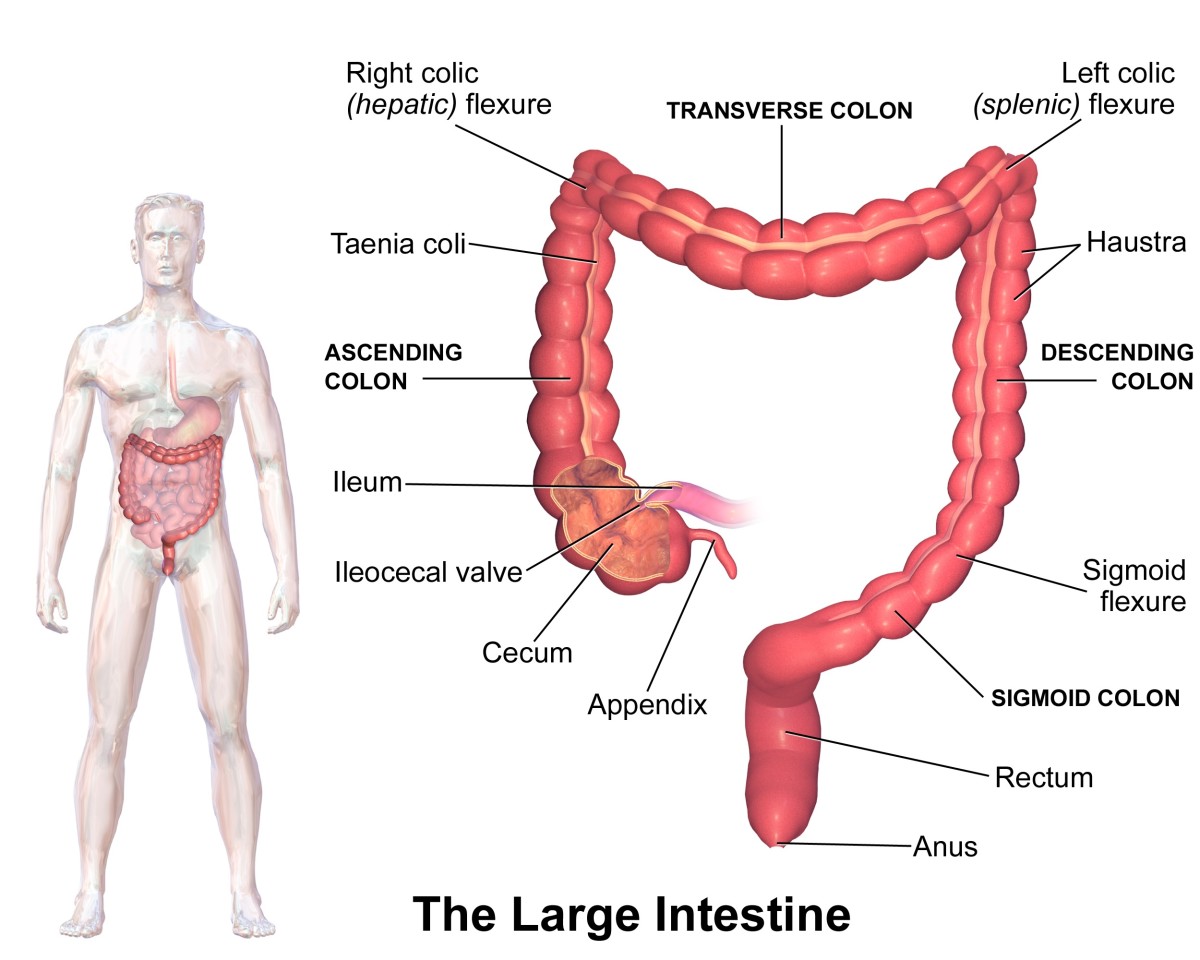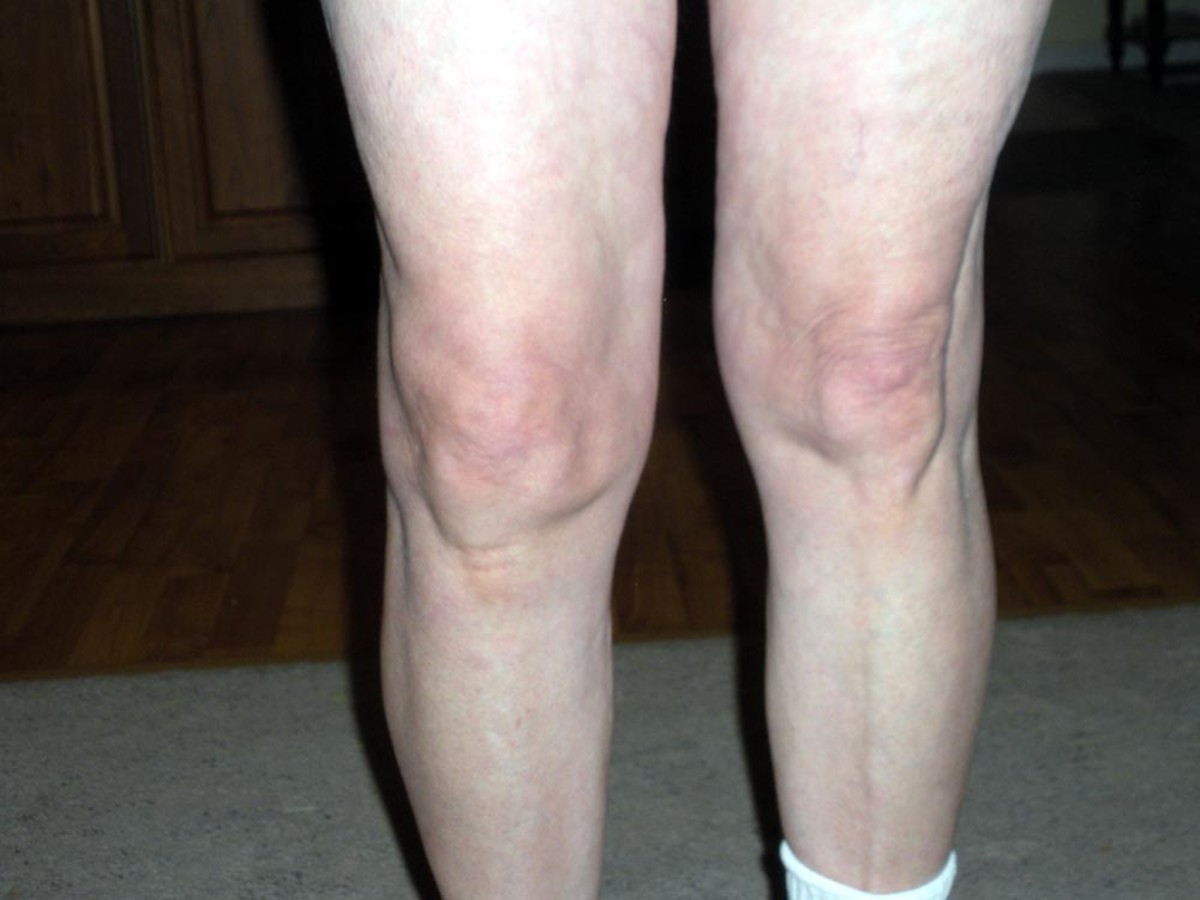Catching C-Diff and MRSA in Hospital
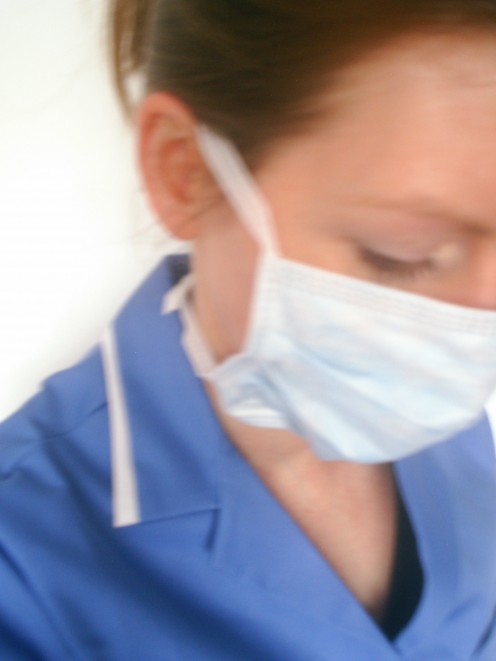
What is C-Diff?
Clostridium Difficile is more commonly known as 'C-Diff' and it is a bacterium found naturally in the gut in a low percentage of adults. There are low levels of C-Diff in the body so it does not tend to cause any harm. This is because the 'good' bacteria which live in the gut fight 'bad' bacteria, preventing overgrowth of this 'bad' bacteria which can cause infection and illness.
When antibiotics are prescribed to an individual the balance of 'good' bacteria can be compromised, as the antibiotics kill off this bacteria as it treats the infection. This then gives C-Diff a chance to grow and produce toxins in the intestine which causes inflammation and diarrhoea. The individual can feel unwell and have a fever, loss of appetite, stomach cramps or nausea.
The diarrhoea of an individual with C-Diff contains spores which are contagious and easily spread. They can stay in the air for several hours and live on hard and soft surfaces and be transported from person to person through contact. This means that it is easy to contract C-Diff and therefore precautions need to take place to prevent spread.
We are more aware of hospital super bugs and how to protects ourselves and patients.
Infection Control
C-Diff spores cannot be killed by using alcohol hand gel so hands need to be washed with hand wash and hot water. Hard surfaces, toilets and equipment need to be cleaned with a chlorine bleach to get rid of the bacteria. They need to be cleaned regularly or after use while the individual still has the illness. Washing and showering on a regular basis will help while the patient is still positive and others need to use disposable gloves and aprons and use good hand washing practice. The patient in a hospital or care setting would tend to be isolated from other patients to avoid passing it onto them.
Any infected laundry needs to be put into bags rather than placed on the floor or bedside which could be contaminated. It can be washed as normal but a chlorine based detergent may be more effective to kill spores, or wash on a high temperature. Gloves and aprons must be disposed of directly after contact with the patient and the patient would be recommended to use separate flannels and towels.
What Can Help Against C-Diff?
Usually the individual with C-Diff will recover when they stop taking the antibiotics which have caused the infection. Plenty of fluid and good personal hygiene is usually effective. If this does not help then a different antibiotic called Metronidazole will be prescribed for a mild case. For a more severe case of C-Diff an antibiotic called Vancomycin will be prescribed for the patient.
Studies have also being carried out in hospitals to see if drinking pro-biotic yoghurt drinks each day can prevent a patient from developing the diarrhoea associated with C-Diff. They contain the 'good' bacteria Lactobacillus Casei, but currently there is no good evidence to support this.
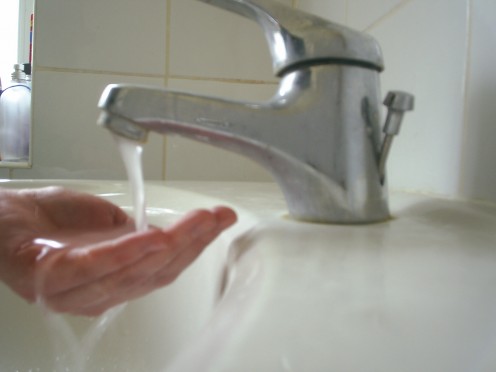
MRSA
MRSA stands for Methicillin-Resistant Staphylococcus Aureus and it is a bacterium found in the nose or folds in the skin. Many people can carry MRSA and be unaware of this if they are healthy. However, MRSA can infect individuals through open wounds or cuts on the skin.
Symptoms of the Infection
Skin infections include boils, carbuncles and abscesses. These tend to be pus-filled and very painful and/or itchy.
Cellulitis is an infection of the skin tissues under the skin. It causes swelling and pain or tenderness and can spread and may cause fever.
Impetigo is highly contagious and can cause large painless blisters or sores on the skin which can break and crust over.
MRSA can also get into the bloodstream and cause septicaemia (blood poisoning), meningitis, pneumonia, and septic shock.
MRSA and Hospitals
MRSA comes in different strains and is treated with antibiotics. There are many different types of antibiotics and some strains of Staphylococcus Aureus may be stronger than others and survive when the patient is treated.
MRSA is more common in hospitals as there are more unwell people with low immune systems and more people to spread the infection. There are many different strains within the hospital and different antibiotics make MRSA more resilient. Staff, visitors and other patients can pass on infections through lack of hand hygiene, or contaminated equipment and surfaces.
Patients can also become infected through surgical wounds, catheter sites, and bed sores which allow MRSA to enter the body.
Infection Control
Infection control is highly important to prevent the spread of bacteria which cause disease and illness. The best ways to try to combat infection include:
Hand Washing
This should be done regularly, especially before and after treating patients, before entering and exiting the hospital and wards and after clinical tasks.
Alcohol Gel
This is provided in hospitals by the doors, the bed sides and around the wards. It is an alcohol based hand gel which kills surface bacteria on the hands. It is ideal to use when entering a ward for example, but not as a replacement to soap and water completely. Alcohol hand gel does not remove dirt but is an effective way to kill germs on the skin.
Reduce the spread of MRSA by washing your hands
Personal Protective Equipment
This includes the use of disposable gloves, aprons and face masks when treating a patient, or carrying out clinical duties such as using or cleaning hospital equipment. PPE must be disposed of in the correct bin and only used once. PPE must not be worn around the hospital and hand washing is still encouraged even if gloves have be worn.
Cleanliness of the Wards
This includes cleaning the floors and surface areas every day and after spillage with the correct sterilising solution. All the equipment must be cleaned every day and after use such as drip stands, monitors and blood pressure cuffs. All of the dirty laundry must be tied up in the correct bags and must not come into contact with floors or bedsides. Commodes, bed pans and urine bottles need to be sterilised and stored in the sluice.
It is important that patients are screened for MRSA and are isolated from other patients in side rooms if they are infected. It is also best to avoid moving infected patients onto other wards as this increases the spread.
It is also highly important for all patients to be aware of personal hygiene to help with infection control. They may be given antiseptic shampoo and a body wash to kill bacteria and are encouraged or helped every day especially after going to the toilet and before meals.
Everyone who enters the hospital must be aware of the spread of infections and help to protect staff, visitors and vulnerable patients.

